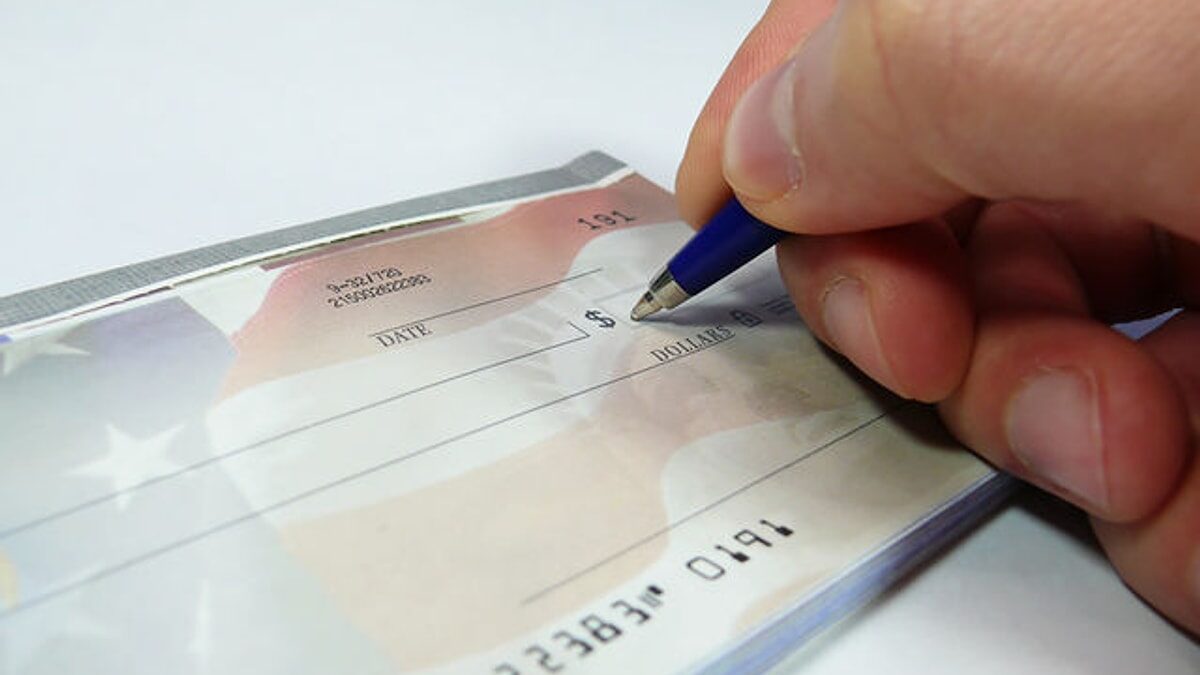
What to Do If a Promissory Note Contains a Forged Signature?
9 September 2025
Mergers and Acquisitions (M&A) in Turkey
9 September 2025Türeli&Ceylan Law Firm – Legal Insights on Cheques and Enforcement Disputes
In commercial practice, one of the most frequently used instruments to ensure trust and compliance is the issuance of a security cheque. Especially in business, lease, supply, and construction contracts, parties often deliver cheques not as a means of immediate payment but as a guarantee for fulfilling obligations.
However, disputes often arise around one key question: Was the cheque issued for payment or as security? In this article, we examine whether security cheques are legally valid, how they can be proven, and whether they can be enforced through debt collection proceedings.
What Is a Cheque? What Is a Security Cheque?
Under the Turkish Commercial Code (TCC), a cheque is a negotiable instrument used as a means of payment. Legally, cheques are payable upon presentation, meaning they do not contain a maturity date.
- TCC Art. 795: A cheque is payable on sight. If presented before the date indicated as the issue date, it cannot be paid.
Despite this, in practice, cheques are often delivered not for immediate payment but as security for performance of an obligation. These are commonly referred to as security cheques.
Are Security Cheques Legally Valid?
In principle, cheques are to be used for payment. However, according to established precedents of the Court of Cassation (Yargıtay), cheques issued for security purposes are not inherently invalid. They are legally recognized if properly documented.
That said, there is a critical distinction:
- A security cheque cannot be treated as a regular payment instrument.
- The burden of proof lies on the party asserting that the cheque was issued as security, and this must be demonstrated through conclusive written evidence.
Yargıtay 12th Civil Chamber, 2020/1876 E., 2020/4026 K.:
“Unless the security nature of a cheque is proven by written evidence, it retains its nature as a negotiable instrument and may be collected.”
How to Prove That a Cheque Is a Security Cheque
The party claiming that a cheque was issued as a guarantee must prove this with clear and concrete evidence, such as:
- A clause in the contract between the parties explicitly stating that the cheque is a security instrument
- Annotations on the cheque such as “for guarantee purposes”, “not paid in cash”, etc.
- Delivery protocols, email, SMS, or WhatsApp messages referring to the cheque as a security instrument
- Notarized documents referring to the cheque’s purpose
- Witness testimony (considered only if supported by documents)
If such documentation is not presented, the cheque is presumed to be a payment instrument, with full legal and financial enforceability.
Can a Security Cheque Be Subject to Enforcement Proceedings?
Yes — unless the debtor proves that the cheque was issued as security, the holder of the cheque can initiate debt enforcement proceedings based on its negotiable nature. In this scenario:
- The debtor can raise an objection,
- But if no clear written evidence is submitted to support the “security” claim,
- The enforcement will proceed and may result in legal liability for payment.
Legal Advice Is Essential
Security cheques are frequently used in practice but often difficult to prove and complex to contest. If the nature of the cheque cannot be proven as security, it will be deemed valid and enforceable like any other cheque. Therefore, obtaining legal counsel when issuing or accepting cheques is crucial to avoiding future disputes.
How Türeli&Ceylan Law Firm Can Assist
At Türeli&Ceylan, we offer comprehensive legal assistance in all matters involving cheque-related disputes:
- We assess the legal nature of your cheque
- Draft and contest enforcement objections
- Represent clients in commercial and enforcement courts
- Provide strategic legal advice to prevent disputes
If you are dealing with a cheque issued for security purposes or are facing enforcement based on such a cheque, contact us to protect your rights and develop the most effective legal strategy.





